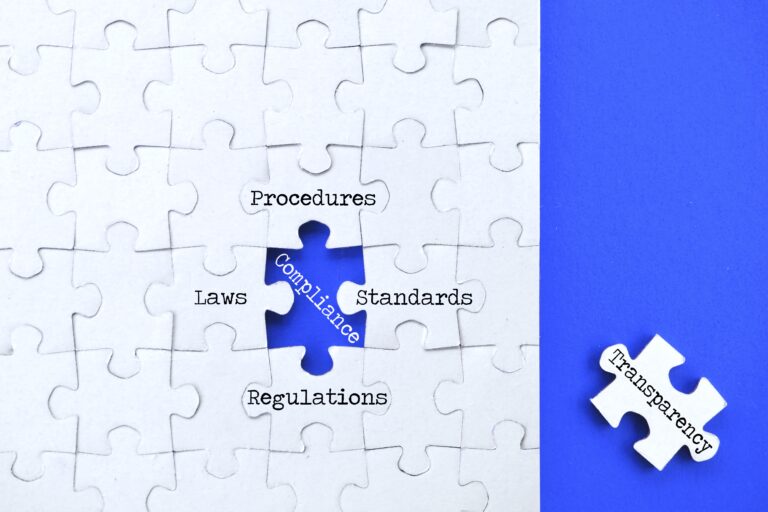Cybersecurity regulations and compliance are becoming increasingly important in today’s digital world. As more and more data is stored online, it is essential to ensure that it is adequately protected from cyber threats. Governments around the world are implementing regulations to help protect citizens’ data, and businesses must comply with these regulations to avoid fines and reputational damage. In this blog post, we will discuss what cybersecurity regulations and compliance are, how a business owner can take action, and the benefits of working with a Managed Service Provider (MSP) to help prevent cyberattacks.
What is Cybersecurity Regulations and Compliance?
Cybersecurity regulations are rules and guidelines set by governments or other regulatory bodies to help protect the security and privacy of data. Compliance refers to the act of following these regulations to ensure that data is adequately protected. Cybersecurity regulations can vary from country to country and even within different industries.
For example, in the United States, the Health Insurance Portability and Accountability Act (HIPAA) sets regulations for the healthcare industry to protect patients’ medical data. Similarly, the General Data Protection Regulation (GDPR) in Europe sets guidelines for the collection, use, and storage of personal data of European Union citizens. Failure to comply with these regulations can result in hefty fines, reputational damage, and even legal action.
How Can a Business Owner Take Action?
Business owners can take several steps to ensure compliance with cybersecurity regulations and protect their data from cyber threats. Here are a few key measures:
Conduct a Risk Assessment: A risk assessment is a crucial first step in understanding potential cybersecurity threats and vulnerabilities. It involves identifying assets, evaluating risks, and implementing security measures to address any gaps. It’s essential to understand the potential risks to the organization’s data and operations.
Develop a Cybersecurity Plan: Based on the results of the risk assessment, businesses can develop a cybersecurity plan that includes policies and procedures for data protection. The plan should outline how the company will protect its data, including access control, monitoring, and incident response.
Train Employees: Human error is often the cause of cybersecurity breaches, and training employees on cybersecurity best practices is vital. Employees should be educated on how to recognize and respond to phishing emails, avoid downloading malicious software, and properly store and dispose of sensitive data.
Regularly Update and Test Systems: Cybersecurity threats are constantly evolving, and businesses must keep their systems up to date to address any new vulnerabilities. Regularly testing security measures can help identify weaknesses before they can be exploited.
Working with a Managed Service Provider (MSP)
For businesses that lack the resources or expertise to manage their cybersecurity, working with an MSP can be a valuable option. An MSP can help businesses implement security measures, monitor their systems, and respond to any potential threats. Here are a few benefits of working with an MSP:
Expertise: MSPs have a team of cybersecurity experts with experience in implementing and managing security measures.
Cost-Effective: Working with an MSP can be more cost-effective than hiring a full-time cybersecurity team.
24/7 Monitoring: An MSP can monitor a business’s systems 24/7 to identify and respond to potential threats.
Compliance: MSPs are familiar with the latest cybersecurity regulations and can help ensure that a business is compliant with relevant regulations.
Conclusion
Cybersecurity regulations and compliance are becoming increasingly important in today’s digital world. Businesses must comply with these regulations to avoid fines and reputational damage. By conducting a risk assessment, developing a cybersecurity plan, training employees, and regularly updating and testing systems, businesses can protect their data from cyber threats. Working with an MSP can also provide valuable expertise and support to ensure that a business’s systems are secure and compliant with relevant regulations.
With the increasing frequency and severity of cyberattacks, taking action to protect data is more critical than ever before. By understanding cybersecurity regulations and compliance and implementing security measures, businesses can minimize the risk of a data breach and protect their customers’ data. Working with an MSP can provide an additional layer of protection and expertise to ensure that a business’s systems are secure and compliant.
In conclusion, cybersecurity regulations and compliance are essential to protect citizens’ data in today’s digital world. Business owners must take action to comply with regulations and protect their data from cyber threats. Conducting a risk assessment, developing a cybersecurity plan, training employees, and regularly updating and testing systems are crucial steps that businesses can take. Working with an MSP can also provide valuable expertise and support to ensure that a business’s systems are secure and compliant. By taking these steps, businesses can protect their data and their customers’ data from cyber threats, maintain compliance with regulations, and avoid reputational damage and financial losses.
I need more help.
If you need help with your company’s cybersecurity, we are here to help. Contact us for a Free IT Consultation. In the meantime, read about what others have said about our services.
